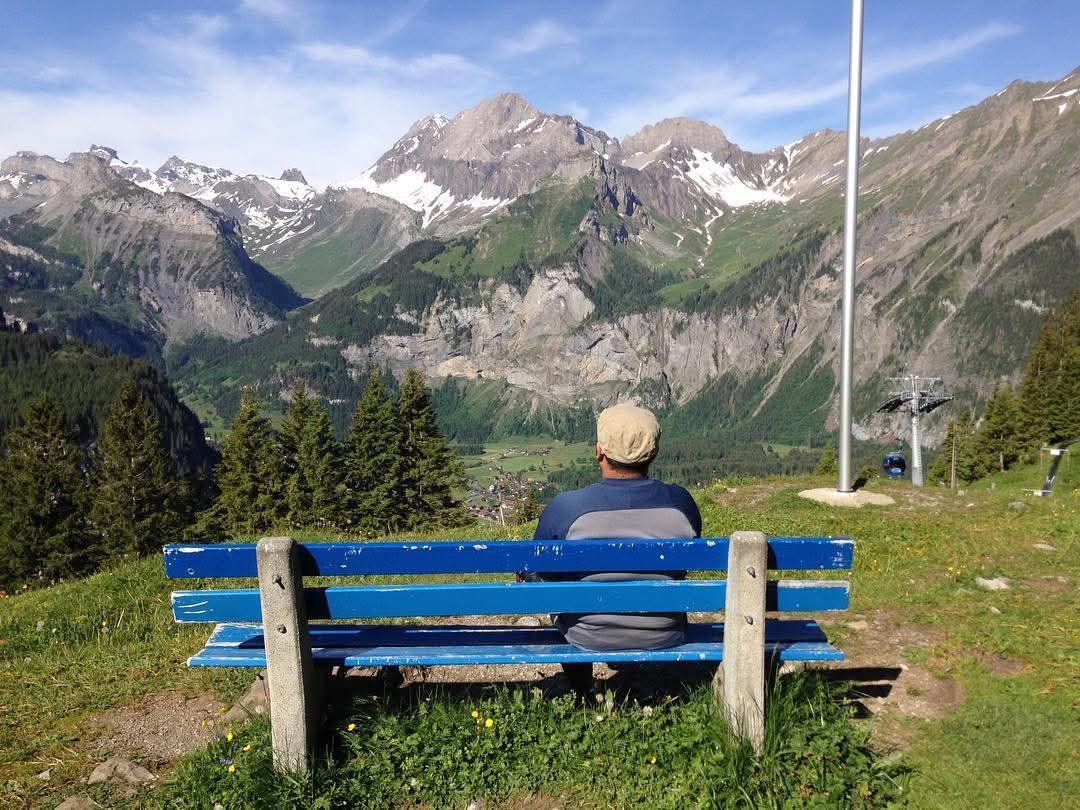Science and Technology Studies: A Brief Overview

Discussion on Science and Technology Studies (STS) as a discipline of study, it is interesting to observe its development, one of which is in Europe. STS itself has two acronyms, Science and Technology Studies and Science, Technology and Society. Arie Rip (1999) in his writing provides a brief description that is quite clear about both and how the direction of its development in Europe. The first study has the characteristics of a study direction in critical efforts of Philosophy of Knowledge and Sociology to provide a fresh perspective on the work and development of science and technology. This discipline began to develop since the introduction of the study of paradigms in science by Thomas Kuhn, although in the end he himself withdrew because there were indications of misunderstanding and misguidedness in what he initially wanted to develop, which can simply be questioned why we feel threatened, afraid, or distrustful of the achievements and findings of science. This is what then gave rise to debate and two perspectives that seemed to be at odds in understanding science and technology, which later became known as "science wars". Social scientists often put forward criticisms that were considered to reduce the credibility and productivity of scientists. Meanwhile, according to scientists, they consider that they have done nothing to what they have done in scientific work, other than conducting investigations into their work and publishing it. This condition, as explained by Rib, then also encourages scientists and continues to move in as an action to build an understanding of the importance of science and technology for life. This is what gave birth to the second STS (some references write it as ST&S). Arie Rip, who grew up as a chemist and studied the philosophy of knowledge, participated in this movement in Europe with several campuses, inspired by John Bernal who actually grew up earlier than the first discipline. An example of this movement can be seen from the emergence of the European Association for the Study of Science and Technology (EASST). They carried out the movement by emphasizing the efforts of scientists to help build communication, both in the education system and in their professional work and their social responsibilities. Arie Rip himself tried to develop a perspective on the second STS by bringing the direction of interdisciplinary studies from sociology, economics, and politics into the study of the dynamics of science and technology according to his efforts to apply and compile an assessment of the role of science and technology itself. This experience led him to a disapproving view of the first STS, especially by its founder, Bruno Latour. He then thought that STS in Europe was better off trying to build correspondence and collaboration, especially critical studies of social and humanitarian problems, where STS itself was also part of the effort to overcome these social problems. I understand Rip's critical reflection here, as he explained, first is to bring the spirit of the idea of enlightenment, that science and technology can help bring life to a better direction. The second point is related to the issue of relativism of knowledge and the social construction of science from the studies that emerged in the first STS, not all of which can be accepted, as a criticism that eliminates the professional spirit of scientists as happened in America, instead of complementing both, giving appreciation and critically participating in efforts to implement the work of science and technology. What about Indonesia? This question, perhaps a note for the development of STS in the future, also requires our critical investigation efforts into the achievements of science and how they are implied in our own daily lives or vice versa, how our socio-economic and political life also shapes the professional work of scientists in Indonesia. Integration efforts as believed by Arie Rib, I think are relevant to be developed in the future, in addition to historical studies, the political economic situation where science and technology in Indonesia were developed and developed from the study of Soewarsono et al. (additional materials). From my own experience, efforts to integrate and involve oneself while maintaining distance (engagement and distance), are quite difficult to do considering that a collaborative space has not been built where people can share a language of knowledge that is relatively equal or understand each other. For example, what is polymerase chain reaction (PCR) or how bioreactors work can be understood by scholars or the interconnection of supply chain and value chain analysis can be understood by scientists? This translational space, I think, is crucial, where the need for collaborative work is increasingly needed. Perhaps this is also not a problem of academic language, but also how a concept can be understood by both to be involved together in seeking a better life through science and technology. This translational space, a concept that I try to borrow from the concept of translational research which is commonly used in research that bridges basic science research and social research, is involved in defining problems as well as compiling an analytical framework, knowledge production from research and defining the values that emerge from the research on a problem. I think this is where STS in Indonesia can be developed in the future.
